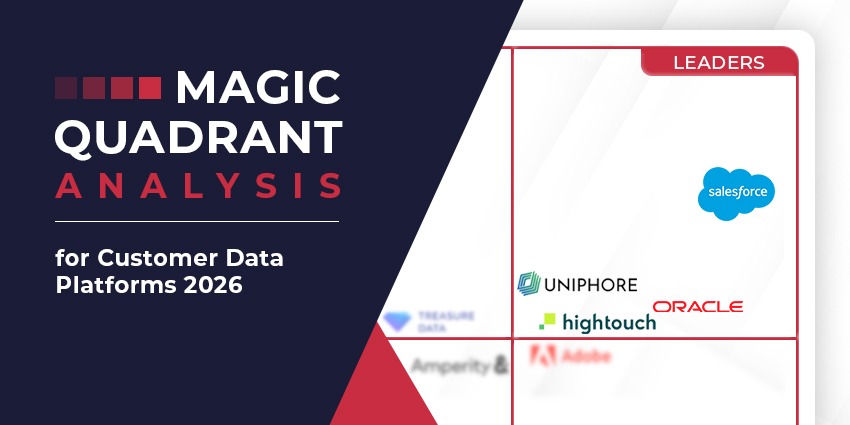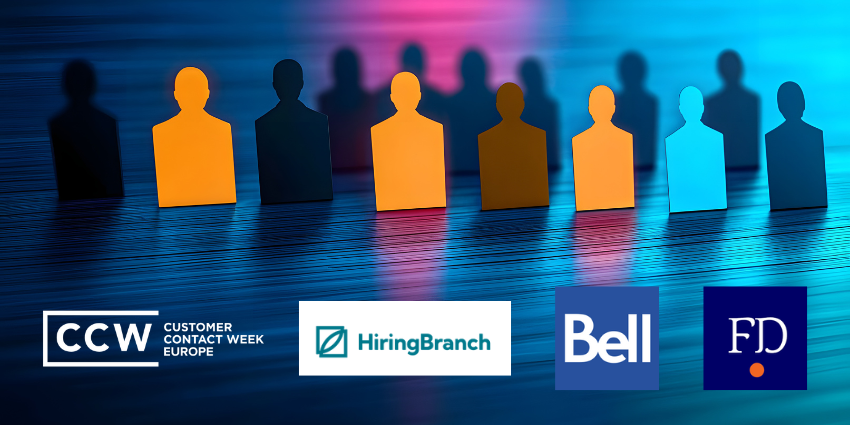Social media is rapidly becoming central to the customer experience. Between 2020 and 2021, global social media ad spends witnessed a whopping 60% YoY increase. Facebook and Instagram, particularly, were the top channels for attracting and engaging with new customers. But how do brands extract engagement data from these social platforms and consolidate it with their larger CRM strategy?
This is where a CRM-social media integration comes in.
Integrating social media with your CRM technology enables bidirectional data flow so that you can power social campaigns using 360-degree customer information as hosted on your CRM, and ingest campaign results back into the CRM to fine-tune future activities. Let us explore how CRM/social media integration works in more detail.
Understanding the Concept of Social CRM
Social CRM is defined as a specific technology segment that adds a social dimension to customer profiling, data management, and engagement planning. You can achieve this by integrating your social media presence with your CRM platform – for example, connecting your Facebook or Instagram brand page with Salesforce. You could also opt for a bundled solution, like HubSpot’s social marketing suite that works in sync with the company’s CRM offering.
Social CRM is proven to add a significant competitive edge over traditional (i.e., standalone) customer relationship management solutions and techniques. According to Nucleus Research, it can increase customer retention by as much as 26%, and it also improves productivity among CX professionals by 11.8% as you no longer have to switch between disconnected apps or perform manual data entry.
In an increasingly digital world, social CRM could prove game-changing to your CX strategy, capturing information from those spaces customers frequent the most, and targeting prospects where prospects are most likely to “hang out.”
4 Reasons to Integrate Social Media with CRM
- 360-degree customer profiling
The integration helps to maintain a dynamically updated customer data repository, reflecting recent life events, online sentiment, and brand opinion. Apart from studying transactional behaviour, this lets you understand the pulse of the customer.
- Campaign personalisation and targeting
When your CRM is linked to social media, you can design smarter social campaigns that are acutely fine-tuned to a customer’s preferences. To take a simple example, you can schedule posts for when the customer is most likely to log in.
- Social media ad spends optimisation
Given that social media ad spends have grown exponentially, it is vital to connect ad targeting with your larger CRM strategy. This will ensure customers view ads with the highest potential click-through rate.
- Feedback monitoring and response
Social media is also commonly leveraged as a complaint, feedback, and opinion sharing platform – where your response time makes a massive difference. A social media-CRM integration centralises feedback management and makes sure that no comment/mention goes unanswered.
The Benefits of Social CRM
Integrating social media with CRM is helpful for all customer-facing stakeholders, including sales (customers are more conversion-ready due to ad targeting), marketing (measuring outcomes from campaigns becomes easier), and customer service (it enables omnichannel service delivery). Some of the key benefits you can derive by integrating CRM and social media are:
- Smarter marketing automation, thereby enabling effort reduction
- More targeted personalisation due to a dynamically updated CRM database
- The possibility of widening outreach via referrals across a customer’s social network
- Reduction in ad campaign spends
- More engagement with marketing campaigns and better clickthrough rates
- Centralised data repository and reduction in app clutter
- The possibility of incorporating influencer campaigns into your CX strategy
- Lesser workloads for traditional call centres due to social media support
Because of these benefits, the demand for social CRM is constantly growing, projected to reach $244.4 billion by 2027; that’s a sizable jump from 2020’s $16.8 billion valuation. To gain from this trend, companies must enable deep integrations between their social media marketing platforms and existing CRM systems, abandoning these traditional silos in favour of a centralised data repository that treats social media as another marketing, engagement, and communication channel to help connect with the customer.
Here are a few best practices for making the most of CRM-social media integrations at your organisation:
- Leverage the power of groups – Social media lets you naturally segment customers by demographic information and areas of interests for better targeting
- Act on negative feedback – A social media integration can help uncover valuable insights from negative chatter and unfavourable customer opinion
- Incentivise engagement – A social CRM is excellent for rolling out incentivised campaigns, where there is a reward for engagement and an overall uptick in outreach







